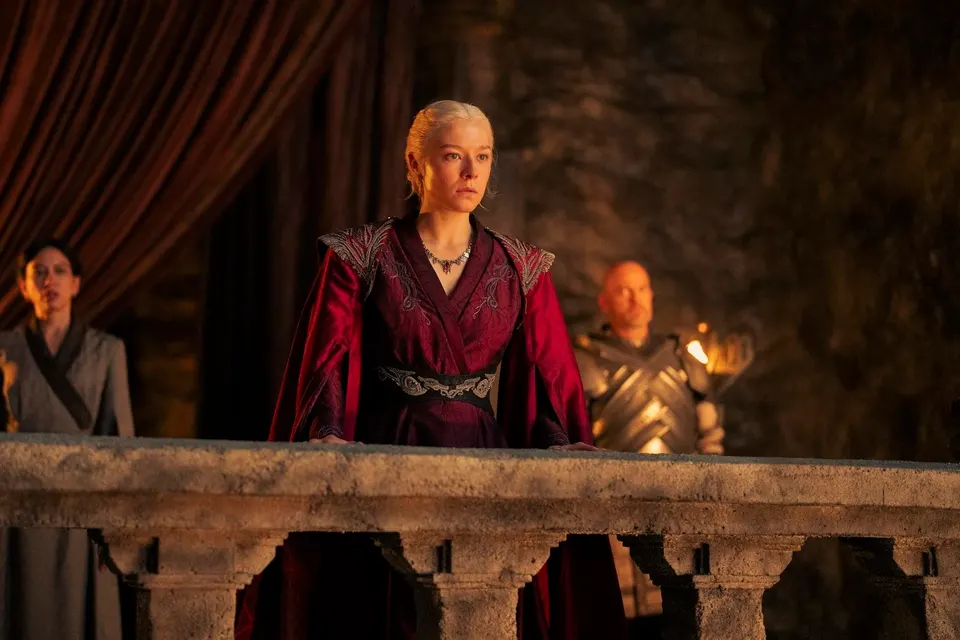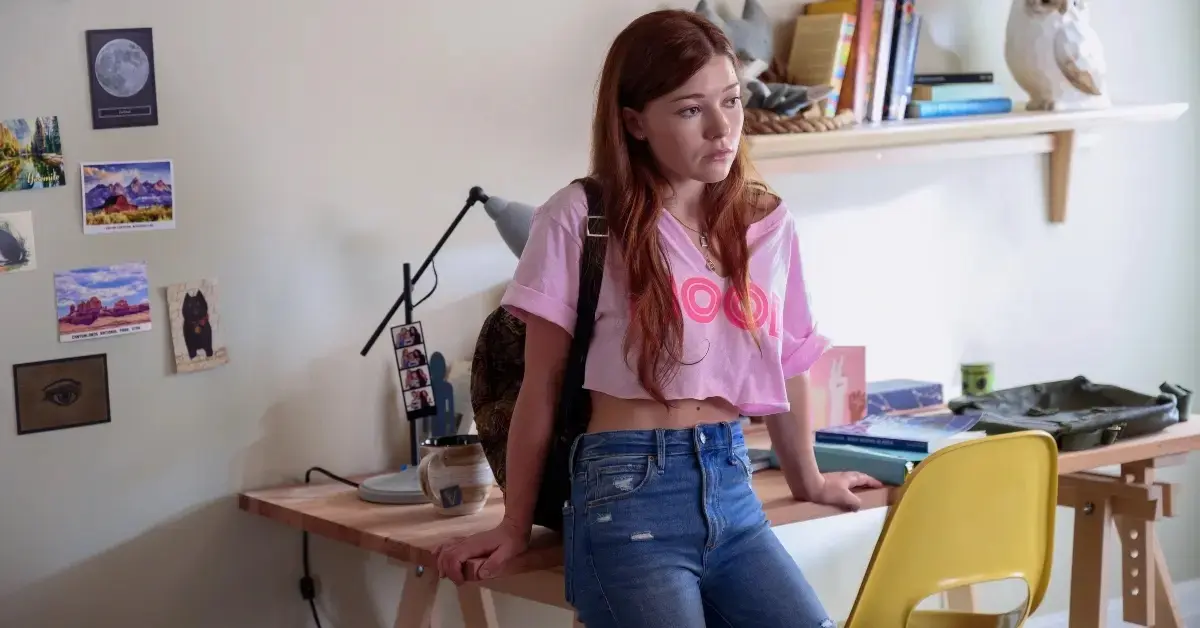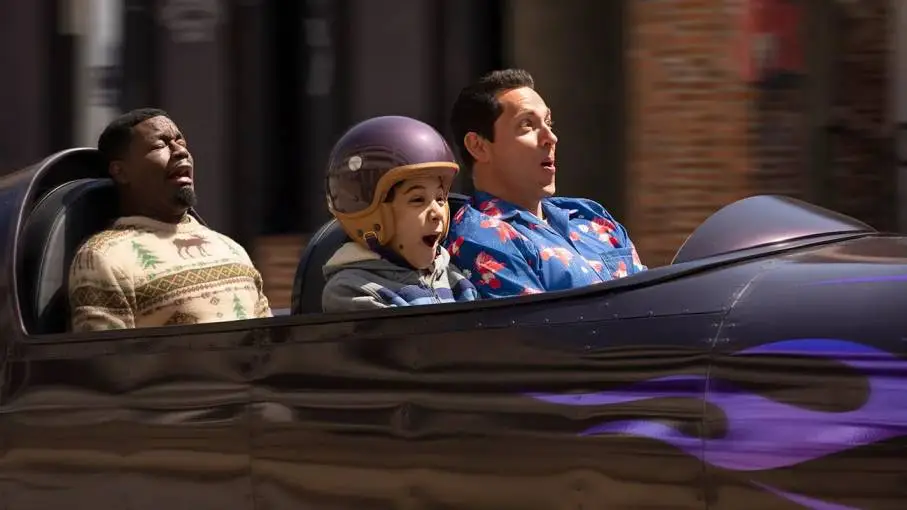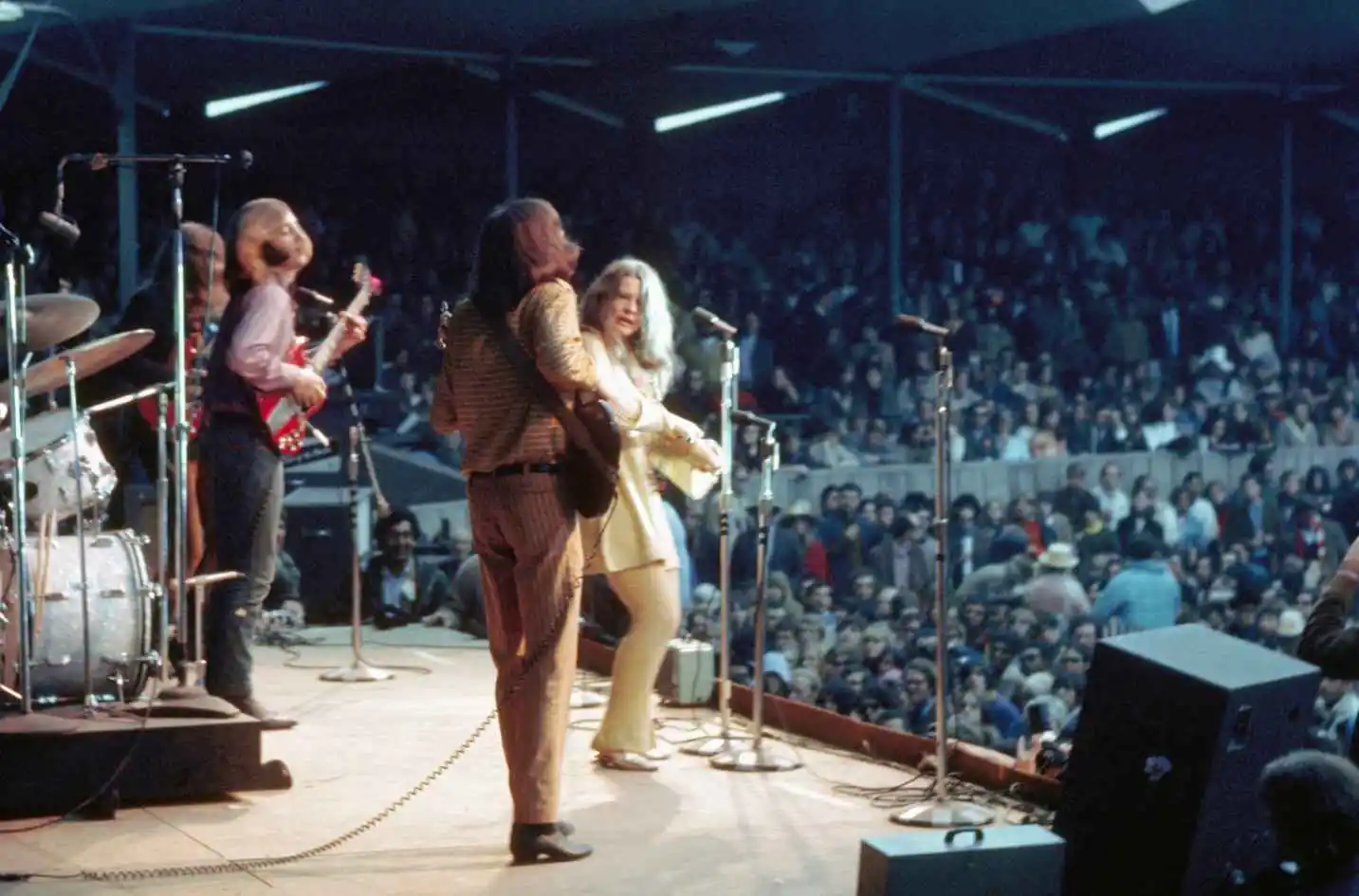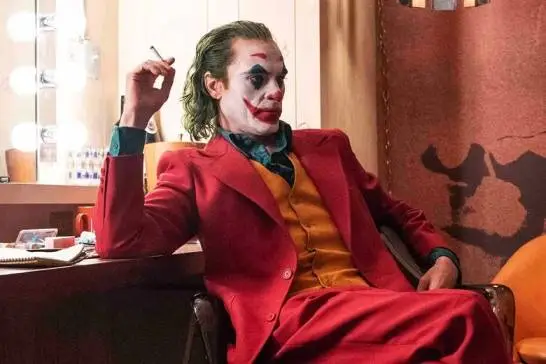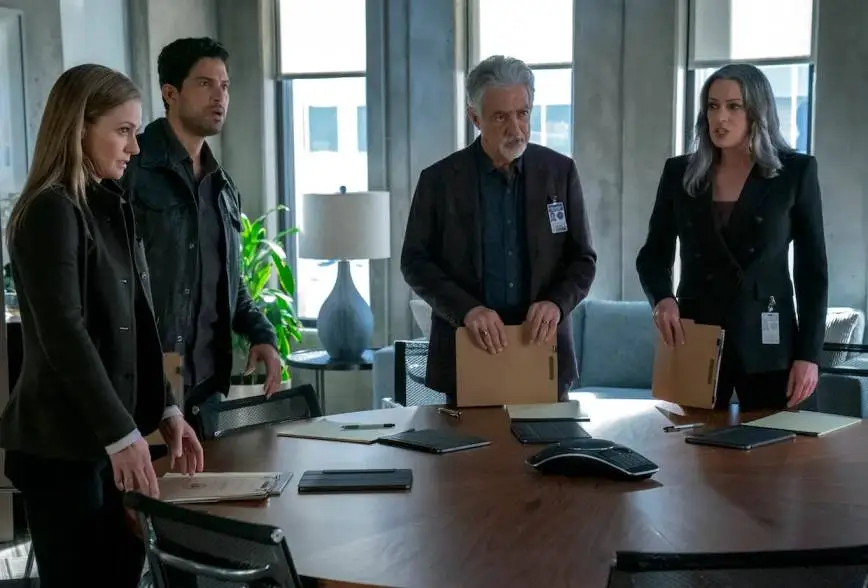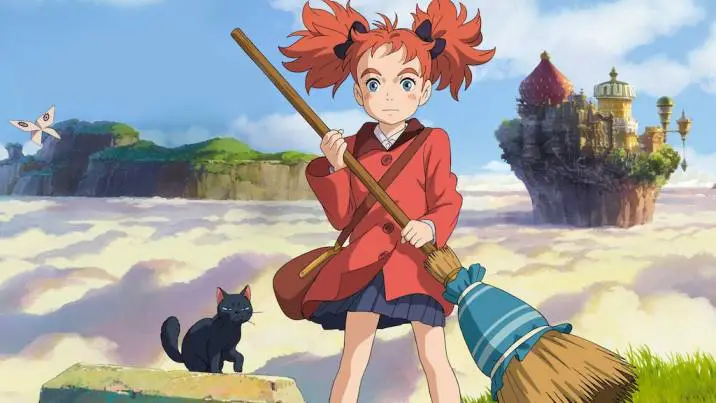Many characterizing components make the exquisite, practical French film inconceivably captivating. An exceptionally emotional and to some degree philosophical story (however frequently not short on clever minutes), elegantly composed characters that exhibit an improvement of some sort, and an outwardly striking, modern setting and areas all assume strong parts in what makes these European highlights so dearest. There is no question that France has been furnishing the entertainment world with innumerable excellent elements consistently and entrancing watchers with their charming stories.
Notwithstanding, while there are a lot of fantastic picks to browse while getting into French films, some have figured out how to universally stand apart more than others and aided shape film. To make it a piece simpler for the people who are curious about France's irreplaceable assets to plunge their toes into the country's broad list, Collider has picked the best French films ever, from Blue is the Hottest Tone to Jeanne Dielman, 23, quai du trade, 1080 Bruxelles, positioning them by diversion worth, impact, and generally speaking quality.
1: Blue is the Warmest Color' (2013)
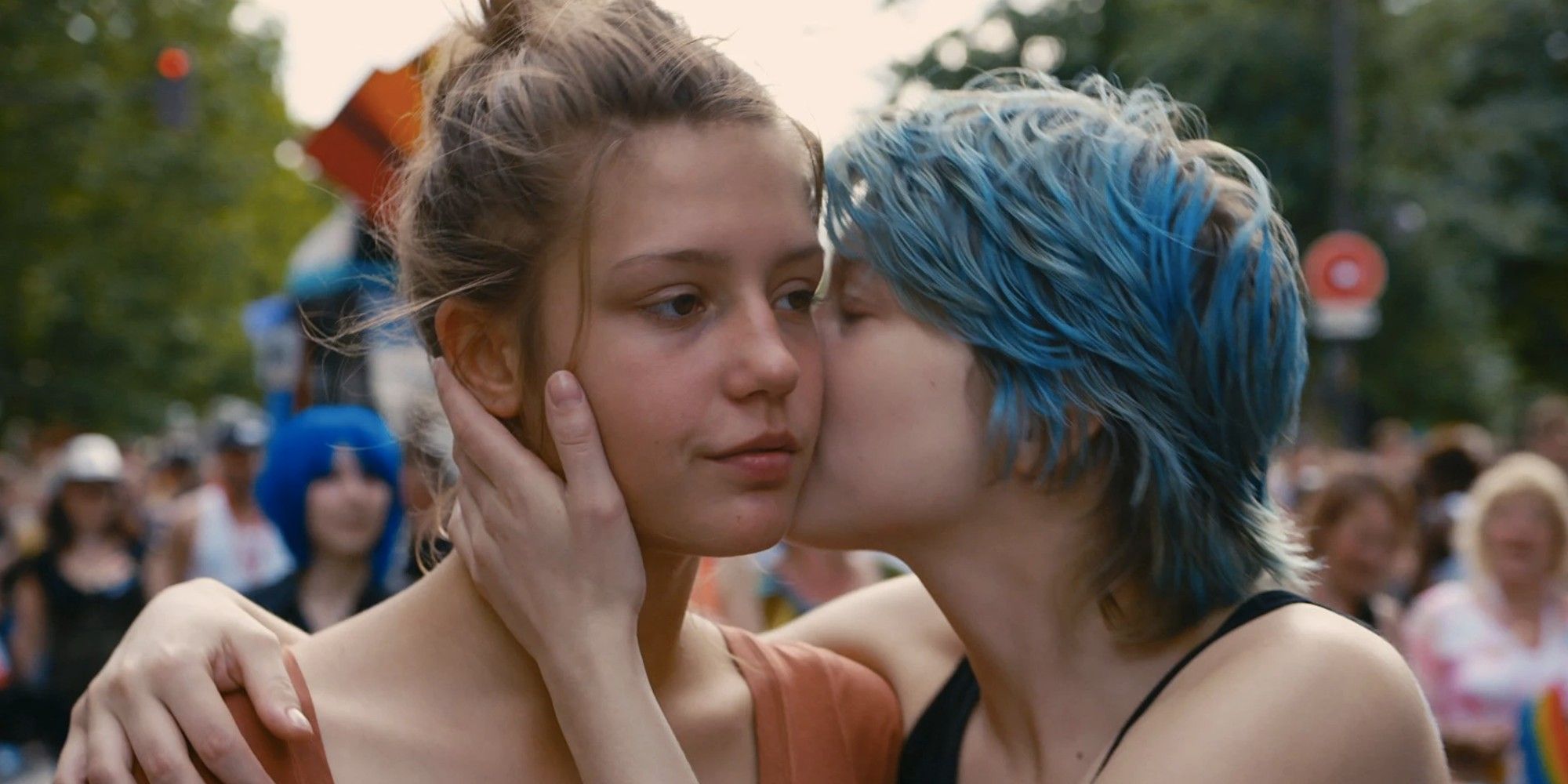
A LGBTQ+ film #1, Blue is the Hottest Tone (La strive d'Adèle) is currently viewed as a French work of art. The film follows Adèle, played by Adèle Exarchopoulos, as she explores an apparently dull life. Nonetheless, when she meets Léa Seydoux's Emma, a unique young lady with blue hair with whom she bonds firmly, Adèle sets out on a self-disclosure venture, embracing her sexuality en route.
Abdellatif Kechiche's film is frequently tossed into each discussion about contemporary French film, as it has rapidly become one of the most examined motion pictures from the European country. Albeit Blue is the Hottest Variety's dubious simulated intercourses are as yet a subject of discussion nowadays, the unfortunate transitioning story is considerably more than the grown-up happy it highlights. At its center, Kechiche's film is delicate, funny, and outrageous, with two strikingly sensible focal exhibitions.
2: A Prophet' (2009)
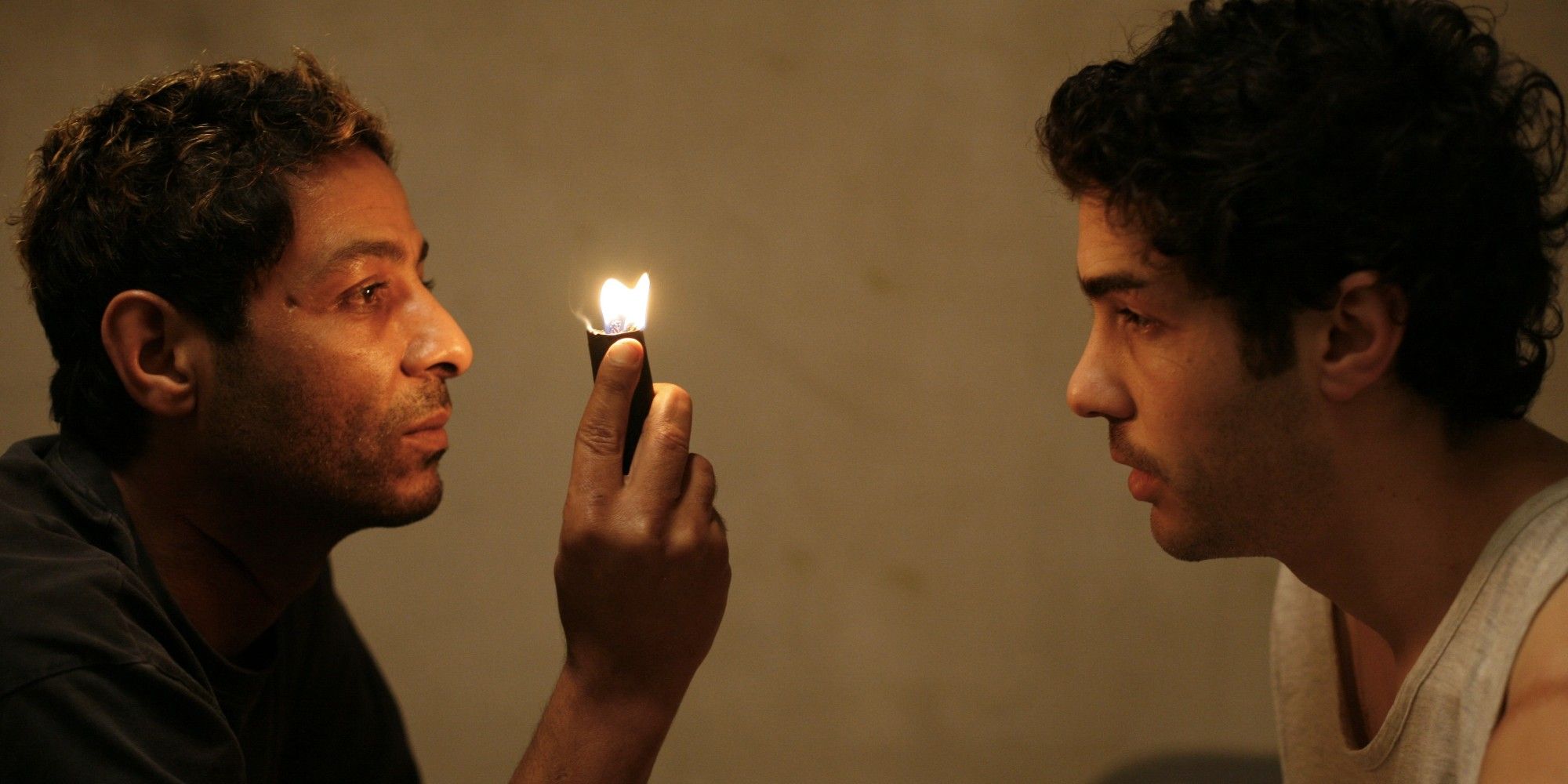
Following nineteen-year-old Franco-Algerian Malik El Djebena (Tahar Rahim) who has quite recently been shipped off jail with a six-year sentence in Brécourt for attacking cops, this first rate Jacques Audiard 2009 wrongdoing film revolves around the young fellow's wild process as he explores through life in jail and rises the prisoner pecking order.
Quite possibly of the most commended French film, A Prophet (Un prophète), merits all the promotion it gets. Albeit a somewhat misjudged French jewel (and potentially not one that is fit as everybody would prefer), the coarse and riveting A Prophet is extraordinary on all levels, conveying a really captivating story all through that will interest the individuals who appreciate jail dramatizations, as it compellingly grandstands the change of a humble criminal into a legitimate kingpin.
3: Beau Travail' (1999)
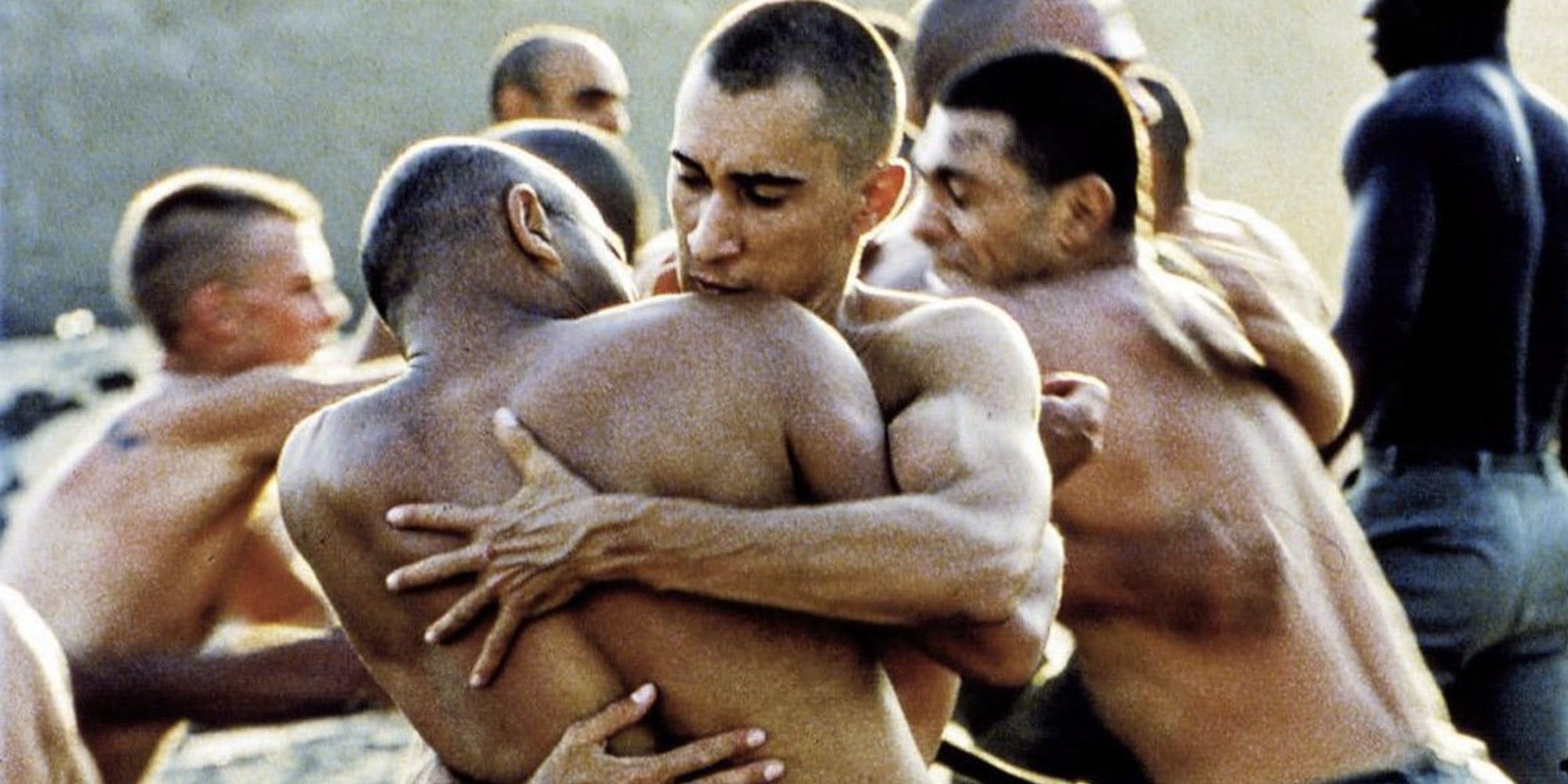
Like Blue is the Hottest Tone, Claire Denis' moving and certainly very much created Lover Struggle (which means "Great Work") was a milestone in LGBTQ+ film. The straightforwardly eccentric variation of Billy Budd by Patrick Grandperrent, featuring DenisLavant, follows an Unfamiliar Army official who reviews his great life driving soldiers in the Bay of Djibouti. The film features his unbending and severe days and the tumultuous appearance of a youthful select.
Maybe the most significant part of Claire Denis' extraordinary film is the extremely convincing way it investigates masculinity, with Army being a fascinating original framework to mirror the emotionlessness of manliness that exemplifies a feeling of separation and separation. Moreover, Playmate Struggle highlights one of the most extraordinary film endings and unquestionably procures a spot among the best French movies ever.
4: The Intouchables' (2011)
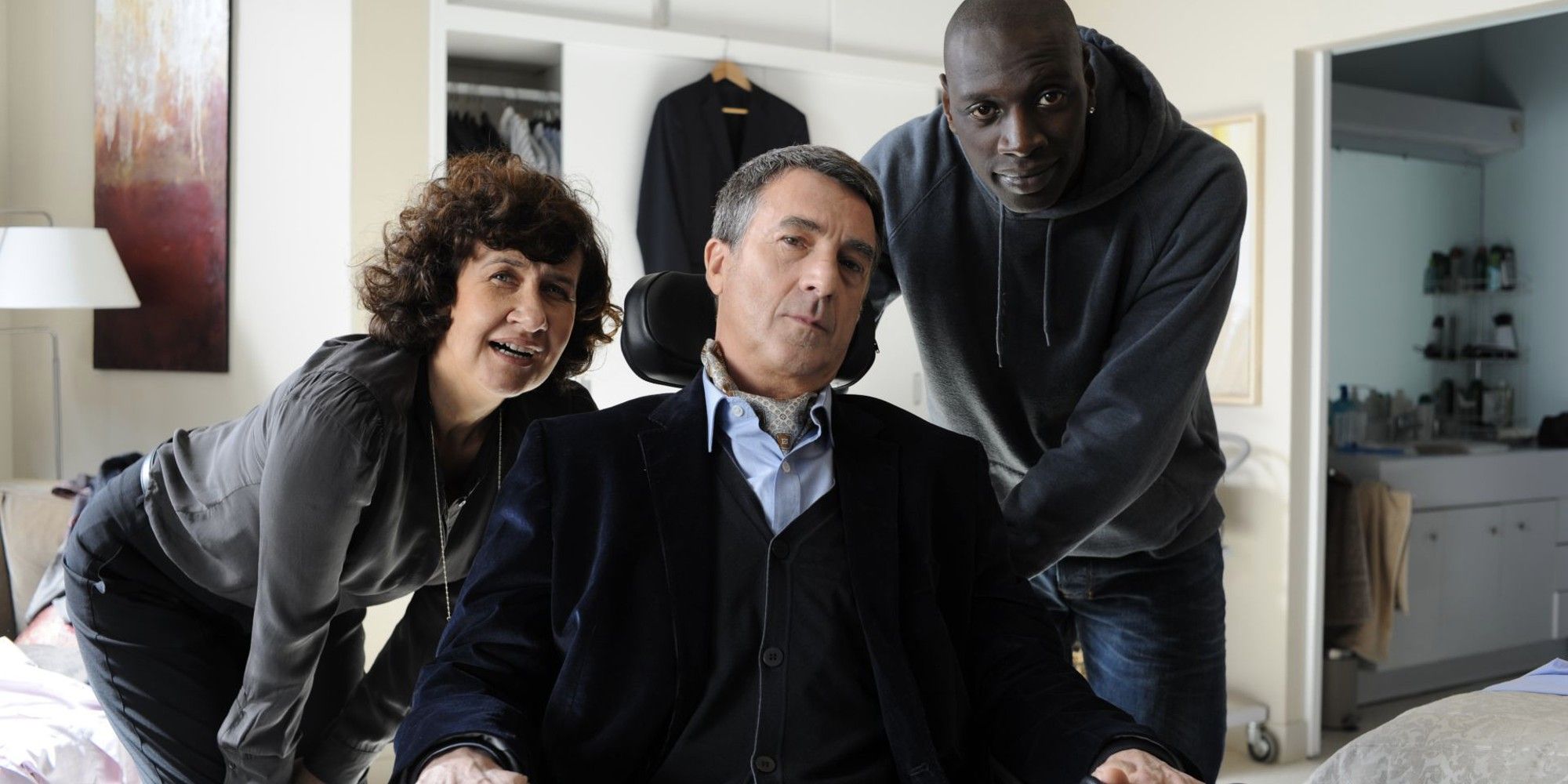
Quite possibly of the most notable French flick, especially among more youthful crowds, is The Intouchables. Oliver Nakache and Éric Toledano's film tells the exceptional and profoundly moving story of Philippe (François Cluzet), a rich man who becomes quadriplegic from a paragliding mishap. It investigates areas of strength for him, bond with overseer Driss (OmarSy), who assists him with seeing the world diversely and roll out sure improvements in his day to day existence.
Beside being truly moving and conveying a magnificent message about the power and worth of kinships, the 2011 film is a balance of interesting. In spite of its platitudes, Nakache and Toledano's film in light of the genuine story of Philippe Pozzo di Borgo merits looking at, particularly for watchers who are into close to home stories that tackle human association and the significance of separating social boundaries (counting not making suppositions in view of looks).
5: The Piano Teacher' (2001)
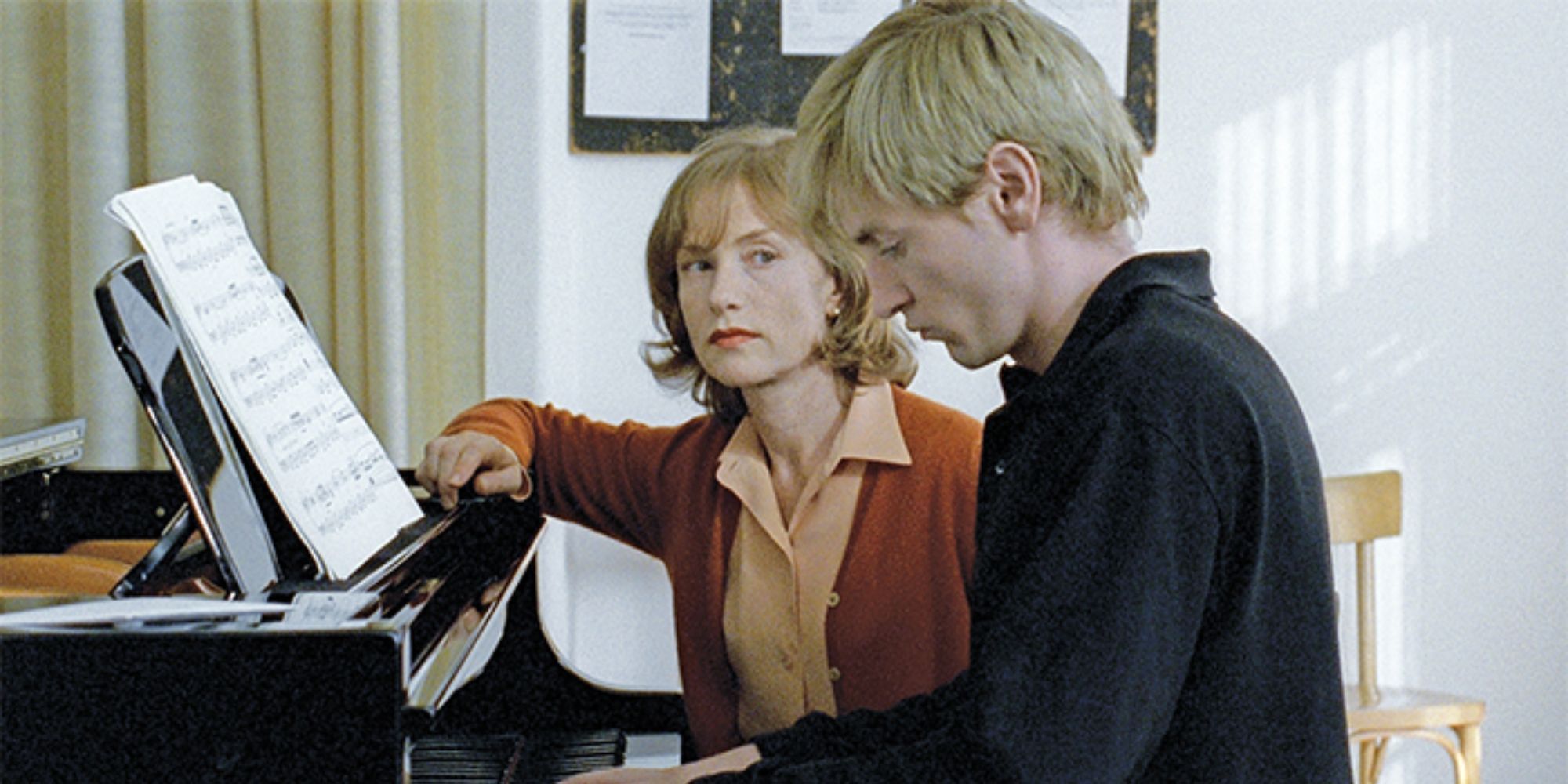
While Love or Store are similarly incredible highlights that might actually procure a spot on this rundown, The Piano Educator, in light of the 1983 novel of a similar name by Elfriede Jelinek, is potentially Michael Haneke's generally essential. The 2001 suggestive mental show follows the tale of a physically quelled, unmarried piano educator, played by Isabelle Huppert in perhaps of her most notorious job, who starts a sadomasochistic relationship with her understudy (BenoîtMagimel).
Set in 1980s Vienna, Austria, Haneke's widely praised film — it won the Excellent Prix at the Cannes Film Celebration merits looking at, if by some stroke of good luck for Huppert's masterpiece execution. Regardless, The Piano Educator furnishes crowds with an interesting fight over sexual control, particularly as a lady, and at last makes an extraordinary showing with portraying distance and separation. Thusly, Haneke's film merits a spot among the most important French-spoken highlights.
6: Persepolis' (2007)
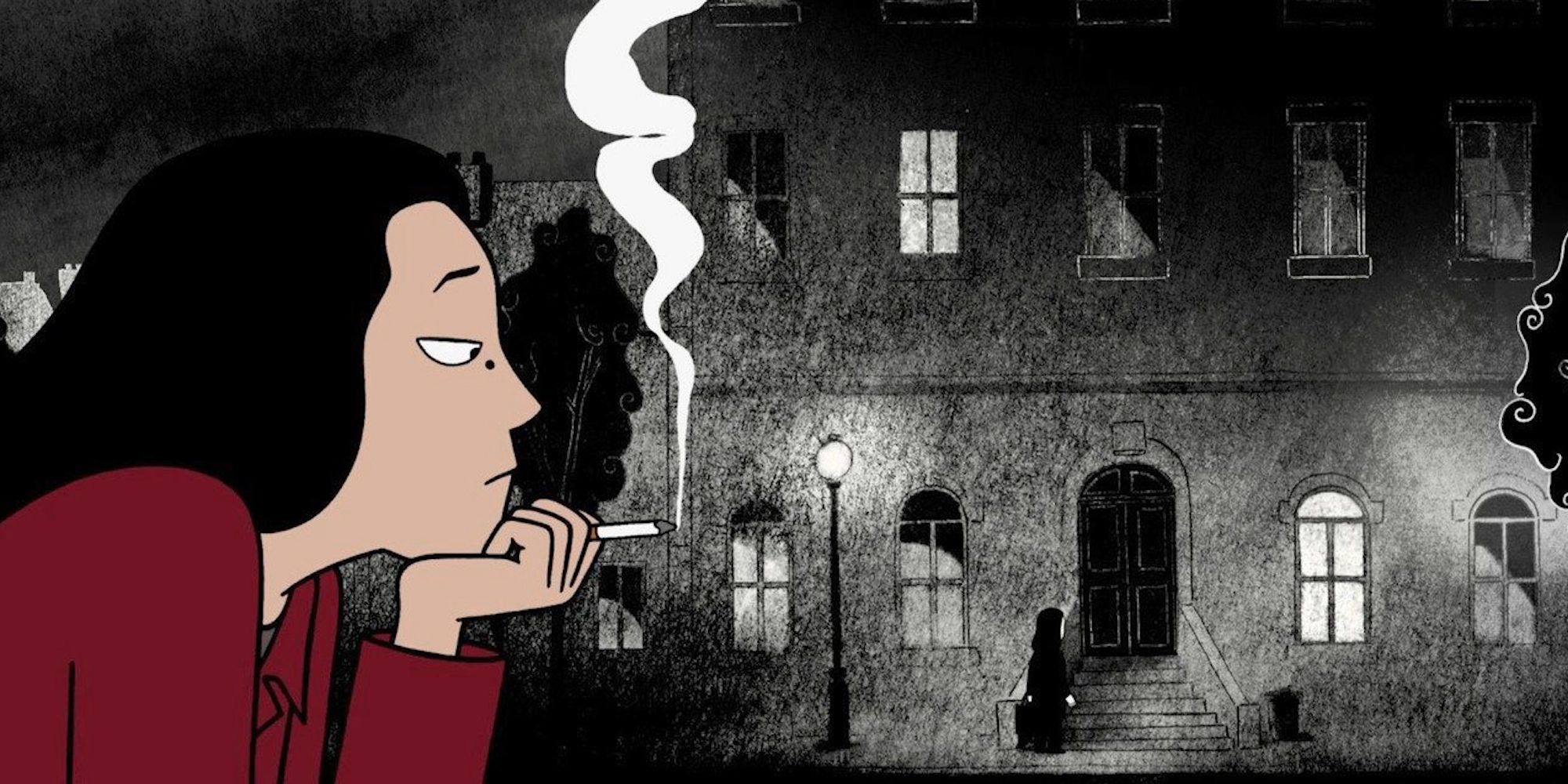
It's not for not a glaringly obvious explanation that Persepolis is generally viewed as one of the most mind-blowing liveliness films made; with dazzling movement and a drawing in account, Marjane Satrapi and Vincent Paronnaud's Oscar-designated highlight, in light of Satrapi's realistic novel of a similar name, portrays the narrative of a little kid as she grows up against the scenery of the Iranian Transformation.
Growing up during the Islamic Transformation is unquestionably not the best situation. Nonetheless, Satrapi flawlessly narratives her genuine story such that keeps crowds contributed, in any event, highlighting a silly pieces in it to stand out from the unfortunate occasions that occur. The genuinely strong Persepolis is a powerful and must-see French film, basically in the liveliness type.
7: Mommy' (2014)
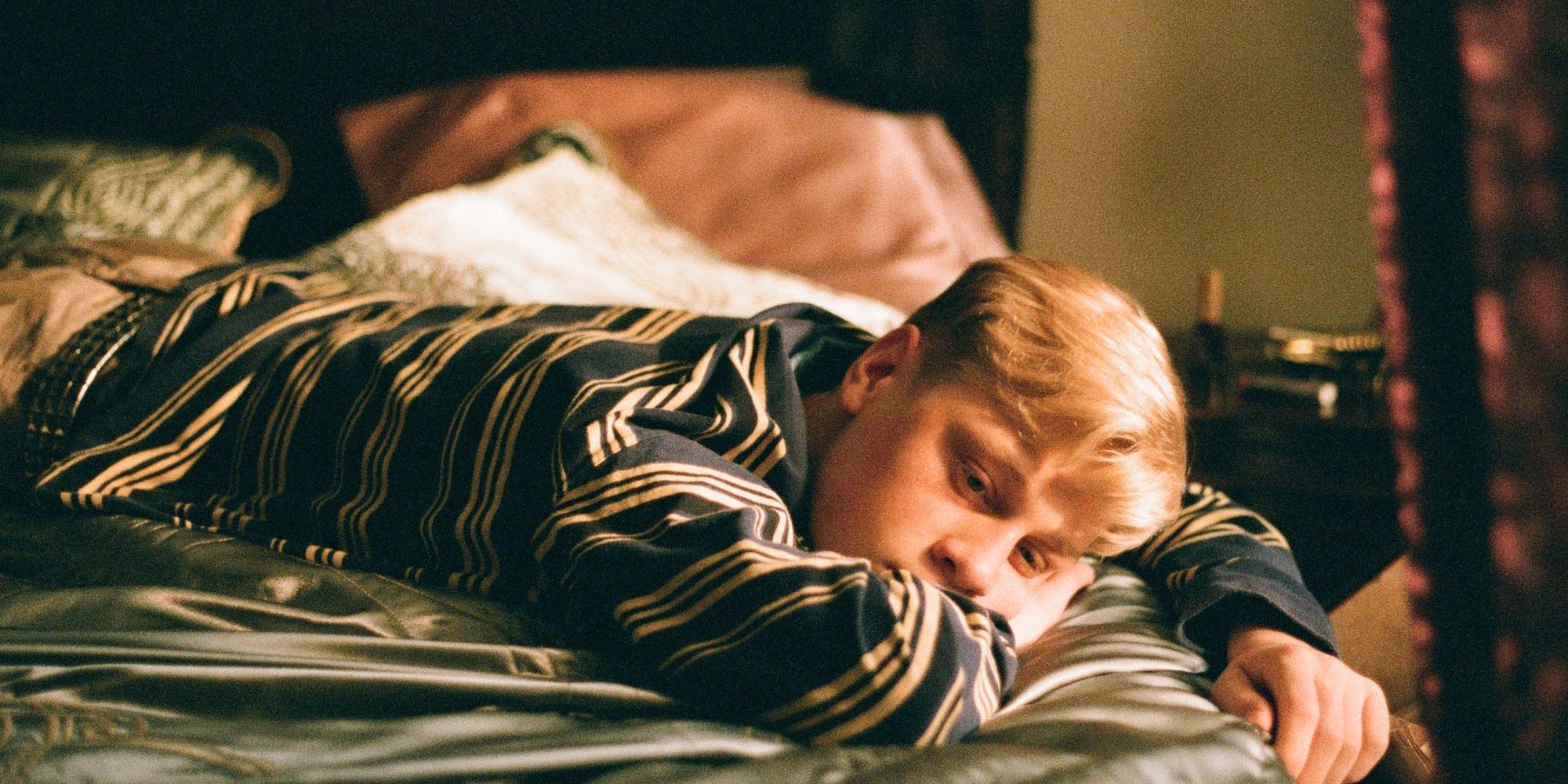
At the point when the subject is tragic transitioning stories, Xavier Dolan's Mama is a title that is in many cases raised in discussion. Featuring Antoine Olivier Pilon as the insubordinate Steve, Mom narratives the existence of a bereft single parent, played by Anne Dorval, who battles to bring up her savage child alone. Be that as it may, when a pleasant neighbor (SuzanneClément) embeds herself into their lives, Diane finds her life taking a positive turn.
In spite of not being recommendable to everybody because of the express subjects it handles, Mom gives a charming viewpoint into the existences of a battling, lamenting mother and her frank child, whom she particularly wrestles with to teach. Dolan's French fundamental advantages significantly from its two focal exhibitions and the wonderful cinematography it highlights, as well as its awesome completion scene (fair warning) with Lana del Rey's tune playing behind the scenes.
8: Playtime' (1967)
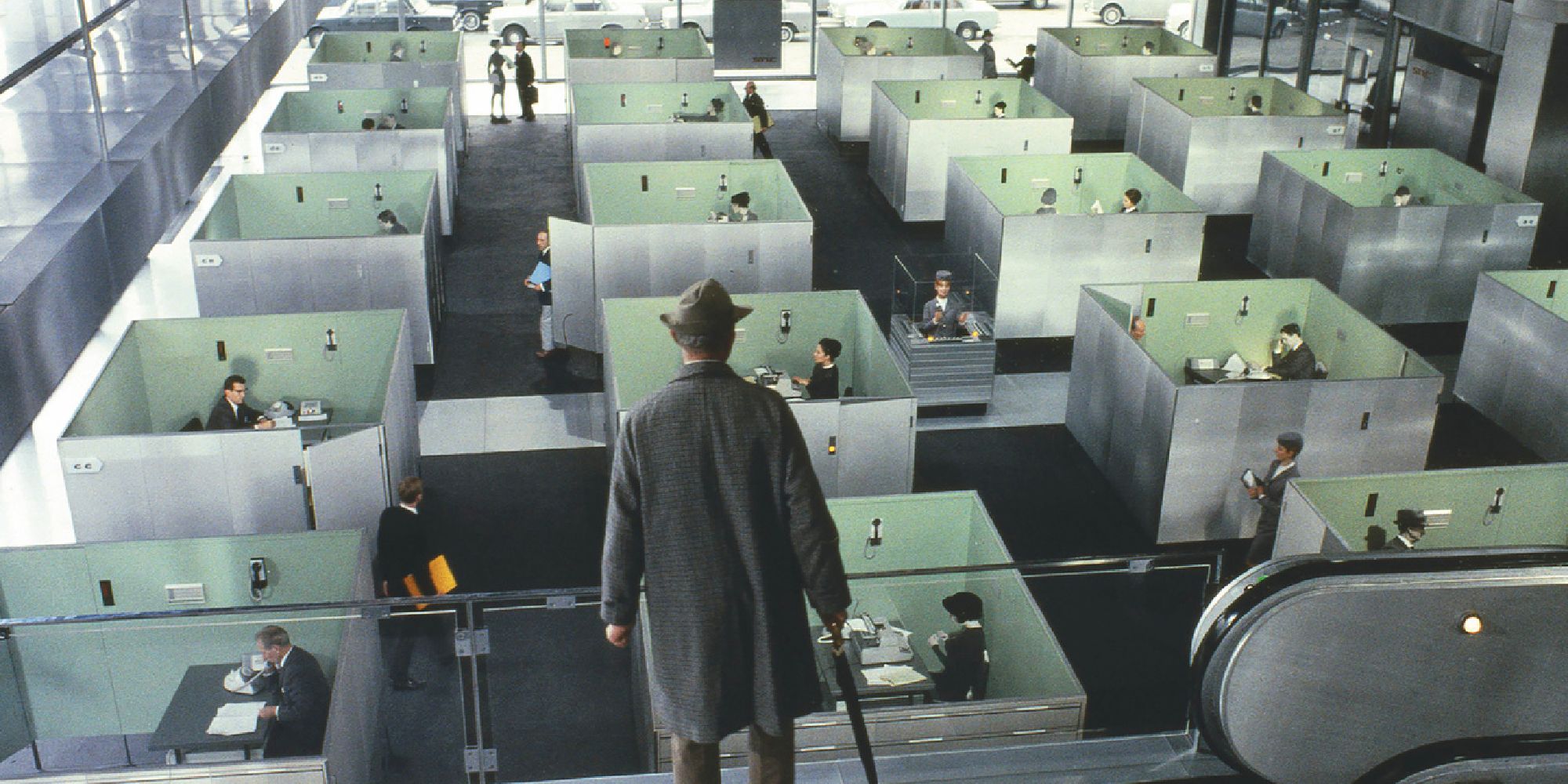
As per chief Greta Gerwig, Jacques Tati's French 1967 component was one of the significant motivations behind last year's late spring hit Barbie. In the film, Tati himself plays a man who explores through an exceptionally progressed and current Paris, close by a gathering of American vacationers. In the mean time, an eatery and dance club is getting ready for its premiere night, however is still under development.
Taking into account that it is ostensibly Tati's work of art and viewed as quite possibly of the best film ever by the English Film Organization (positioning at the noteworthy 23rd spot), the surprisingly executed Recess is a tomfoolery and drawing in adoration letter to a consistently evolving Paris, with a reviving however shortsighted reason at its middle. Tati's parody film is, no question, a fundamental in French film that film buffs ought to see somewhere around once (and afterward two times after that).
9: Eyes Without a Face' (1960)
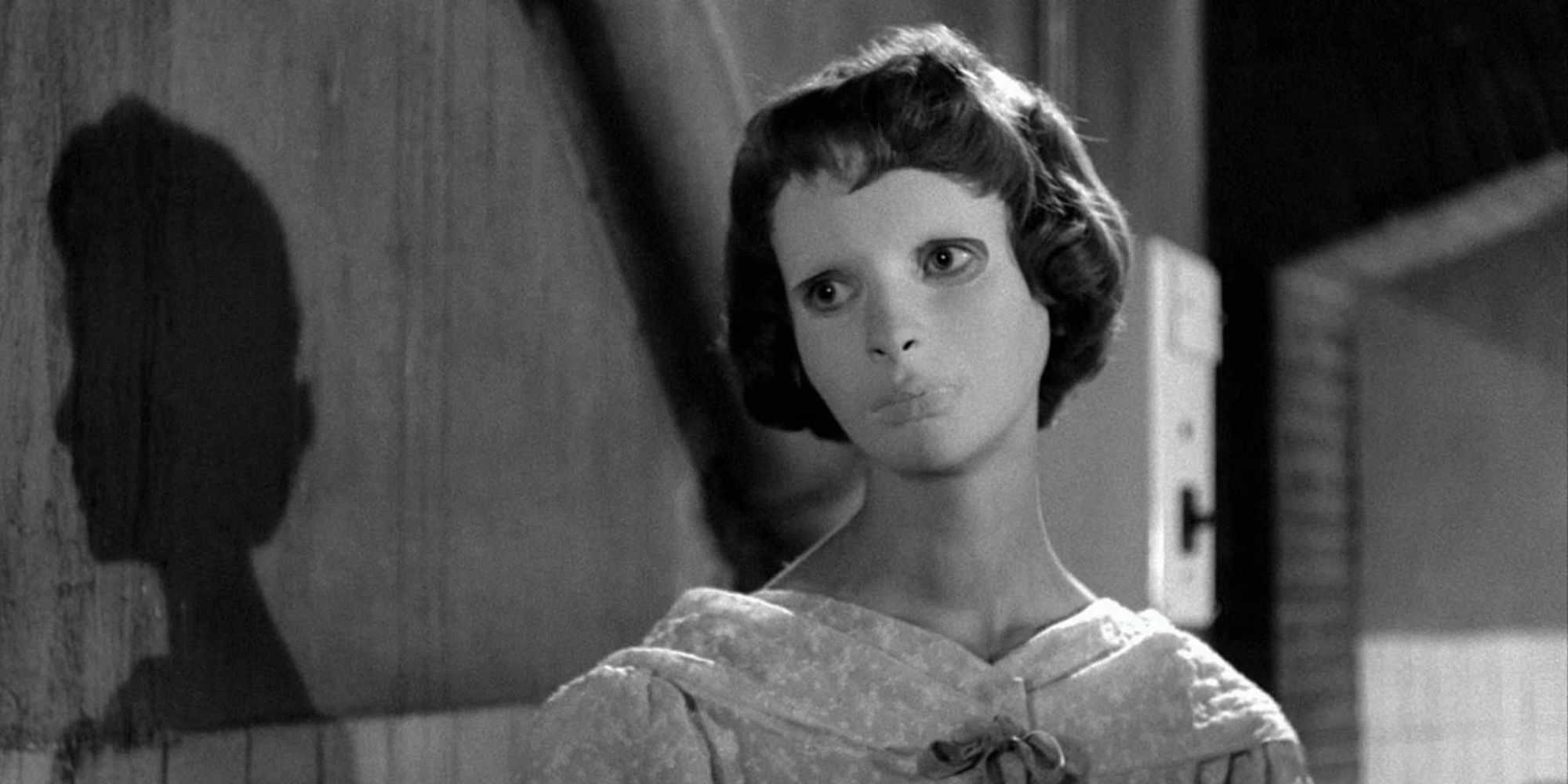
Likewise named Les yeux sans look, Georges Franju's famous loathsomeness show bases on a plastic specialist loaded with culpability, played by PierreBrasseur, not set in stone to play out a face relocate on his once-lovely girl Christiane (ÉdithScob), who was distorted in an auto collision. To do as such, however, he should hijack young ladies and carry them to his house to eliminate their appearances and endeavor to unite them onto his little girl's.
Not in the least does Eyes Without a Face succeed in the loathsomeness division with its unnerving reason, it is likewise a staggering specialized accomplishment, with many believing it to be one of the most mind-blowing arthouse blood and gore movies. This fundamental French thriller is a pivotal, landmarking highlight in the class, moving numerous producers and persevering through a truly powerful body ghastliness picture right up to the present day.
10: Army of Shadows' (1969)
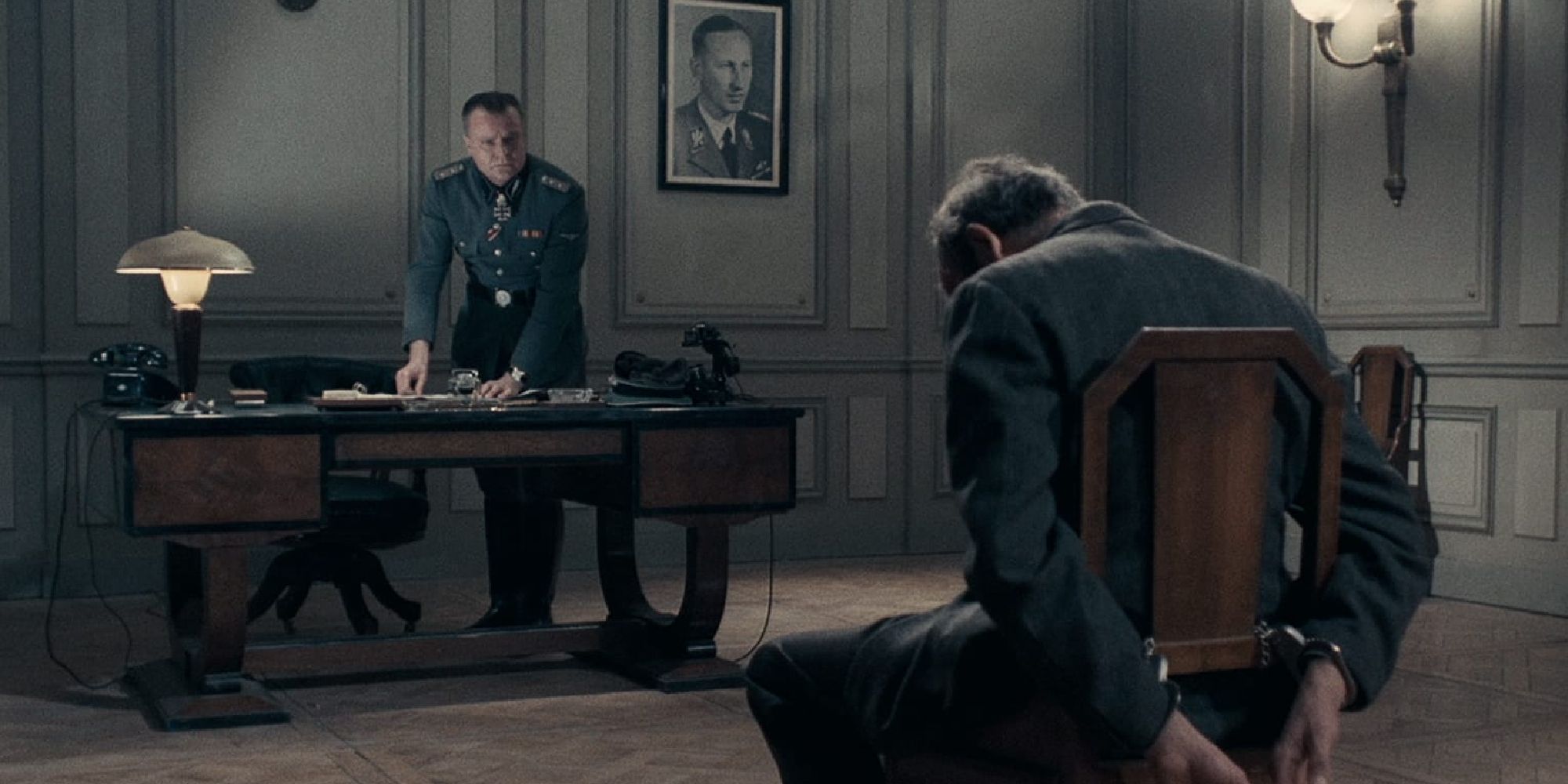
Initially named L'Armée des ombres, the sluggish conflict show Multitude of Shadows is set in the year 1942 and narratives France's rebellious obstruction during the Nazi occupation, following a French Opposition commandant, Philippe Gerbier (Lino Ventura). At the point when it was delivered following the occasions of May 1968, Multitude of Shadows was not generally welcomed and was entirely disputable politically-insightful, as French pundits reprimanded it for its apparent glorification of Charles de Gaulle. It was not delivered in the US until 2006.
In any case, most would agree that Jean-Piette Melville's fabulous government operative film is in fact great with a fascinating storyline in light of a novel by Joseph Kessel, and generally speaking a fundamental among French movies. Multitude of Shadows features protection from abuse. As a rule, whole filmography of Jean-Pierre Melville is by all accounts a fan-most loved with regards to French film.


